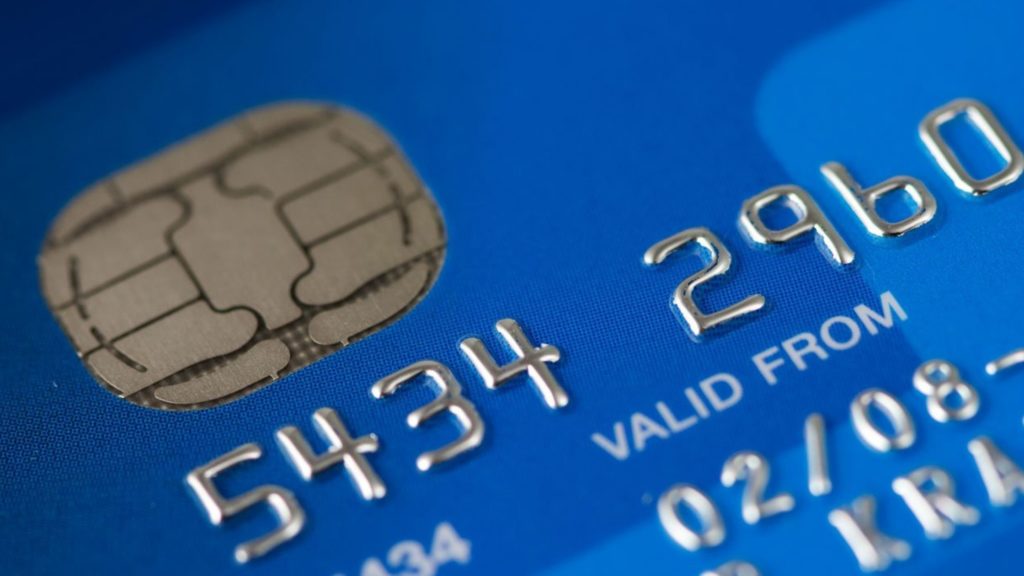Credit card debt worries create sleepless nights for many. Will a surviving spouse or family members be burdened with the debt? A recent article titled “Here’s what happens to your credit card debt when you die” from CNBC explains how post-mortem credit card debt works.
Probate occurs after a person dies and their assets, aka their estate, is frozen by the court, until their will is validated, assuming there is a will. The debts are then settled and the beneficiaries are identified.
Credit card debt is “unsecured” debt, meaning it isn’t linked to any kind of collateral, like a car or a house. The state will usually mandate the person’s remaining assets to be used to pay off debt.
Assets used to pay off the debt could include cash, or property with cash value. Certain types of accounts, including retirement or tax-deferred accounts, brokerage accounts and life insurance payouts, might be shielded from this process. Laws vary by state, so an estate planning attorney who practices in the state where the decedent lived will be the best source to address this issue.
Is the surviving spouse responsible for credit card debt?
If the person has no assets, then loved ones won’t be responsible for the debt. However, if someone is a joint account owner on the credit card, then in certain states, the surviving owner may be responsible. Authorized users are generally not held responsible for the deceased’s unpaid balances.
Heirs may not be legally responsible for paying the debt, but all debt must be settled before loved ones can receive their inheritance. Workarounds, if possible, need to be done in advance of the person’s death, like creating a trust fund.
Probate laws differ by state, but any joint account holders on credit cards need to be aware of the debt and have a plan for when one of the owners dies. If paying off the debt is not possible, perhaps one of the joint owners may seek to remove themselves from the credit card, if the other person was responsible for creating the debt.
A frank discussion about the debt and how to manage it is definitely in order. One solution may be to purchase a life insurance policy and have the proceeds go to the person who may be responsible for the debt. A term policy might be a manageable way to do this, especially if both people depend on two incomes to manage their bills.
This won’t be the most pleasant discussion with a financial partner, but is necessary, along with planning for incapacity. Perhaps the best thing that can come out of the credit card problem, is a decision to have an estate plan created that includes addressing the debt and preparing for the future.
Reference: CNBC (Nov. 21, 2020) “Here’s what happens to your credit card debt when you die”


